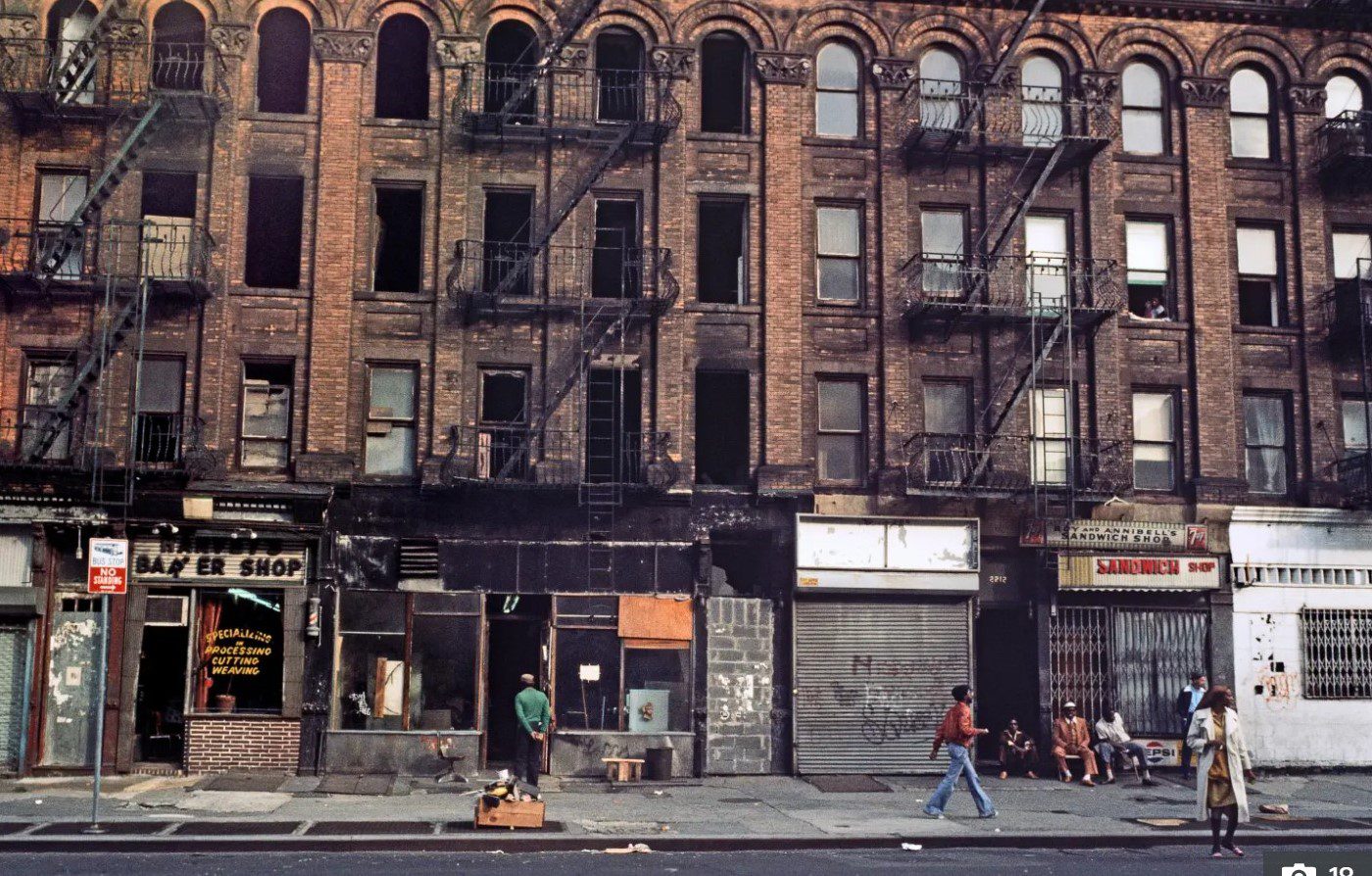The Ultimate Black Barbeque
Contextual Analysis
HARLEM
A place of struggle and poverty, Harlem was the center of the black community. A melting pot of black fashion style, if you were Black and in your early 20’s Harlem was the hub. The oppression that faced Harlem reflecting in the way its people and streets were treated. Stores were going out of business, the streets were riddled with trash and addicts were on the rise.
THE END OF THE 60s and THE START OF THE 70s
In the late 60’s drugs and crime in Harlem were only going up. During this time, economicly the Black community had no money. The government is “more concerned about the moon than men”, Jesse Jackson. This was a time when the Black community revolution was on the rise, we were fed up and tired. We wanted to be heard and we did not want to see our past repeating.
MUISC
A cross section of all the music that was being produced within the decade. The festival was a place where cultures were able to blend. It was a poltical and cultrual statment of black and brown communitues coming together. “The world was wanting a change. We were moving into a whole other time and space wth music and with sound,” Steivie Wonder. This festival was somehting like no other, it created a place where Black people good be themselve and enjoy their sound.
The Cultural Impact
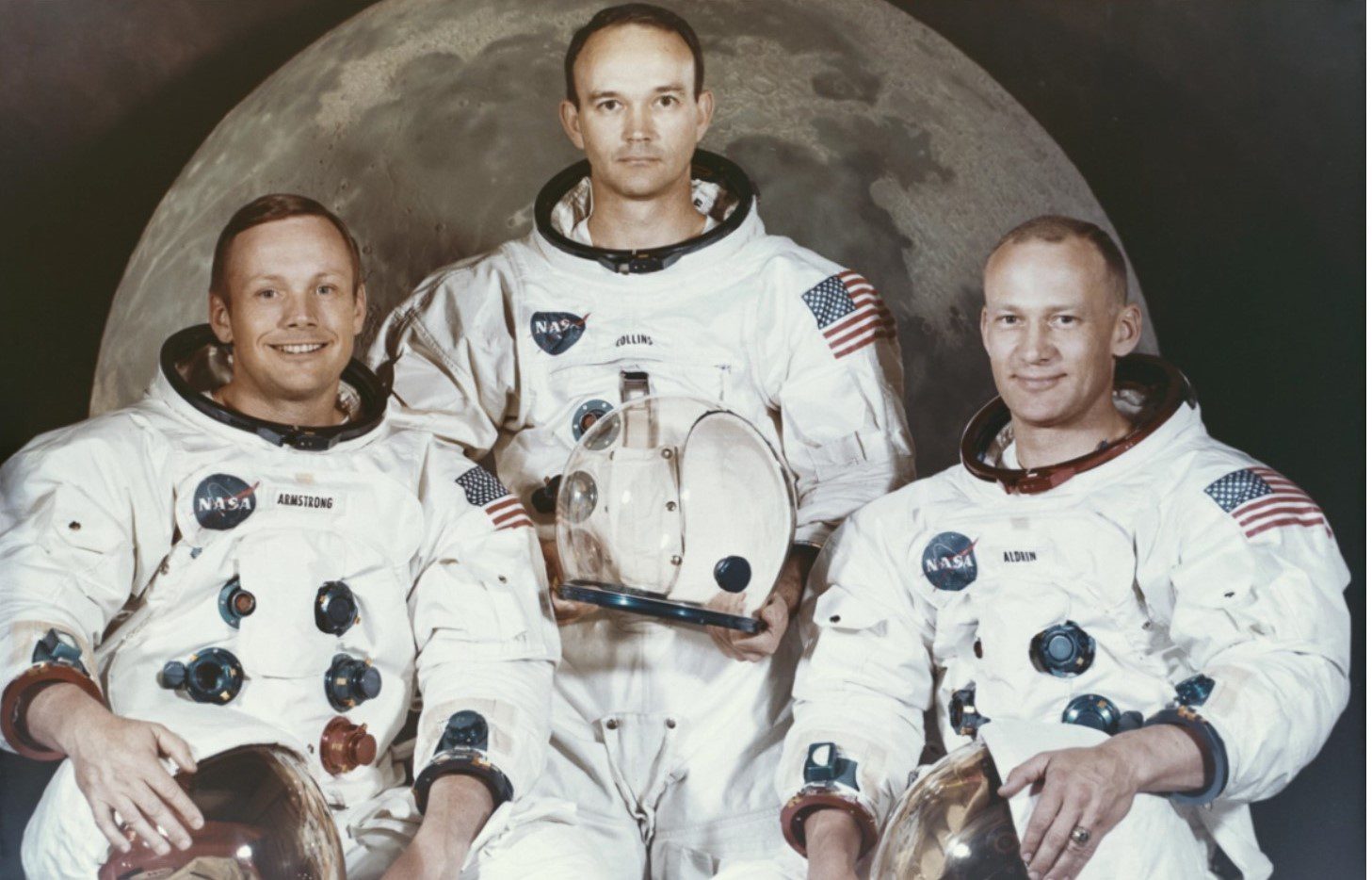
This festival had a hold on the Black community for almost 2 complete months. From June 20th to August 24th the Black community of Harelm was all in one place. While the world was focused on science and competetion the entirety of Harlem was expeirencing the unveiling of a new sound. Instead of witnessing the white mans success’ they were witness to the largest Black concert. Many attendees of the festival did not care for the landing and believed it was a waste of money. They saw this landing a white mans accomplisment, Redd Foxx said, “The black man wants to go to Africa. White mans going to the moon. Imma stay n Harlem with the Puerto Ricans and have some fun”.

The Genres and Thier Performers
BLUES:
- B.B. King
- Nina Simone
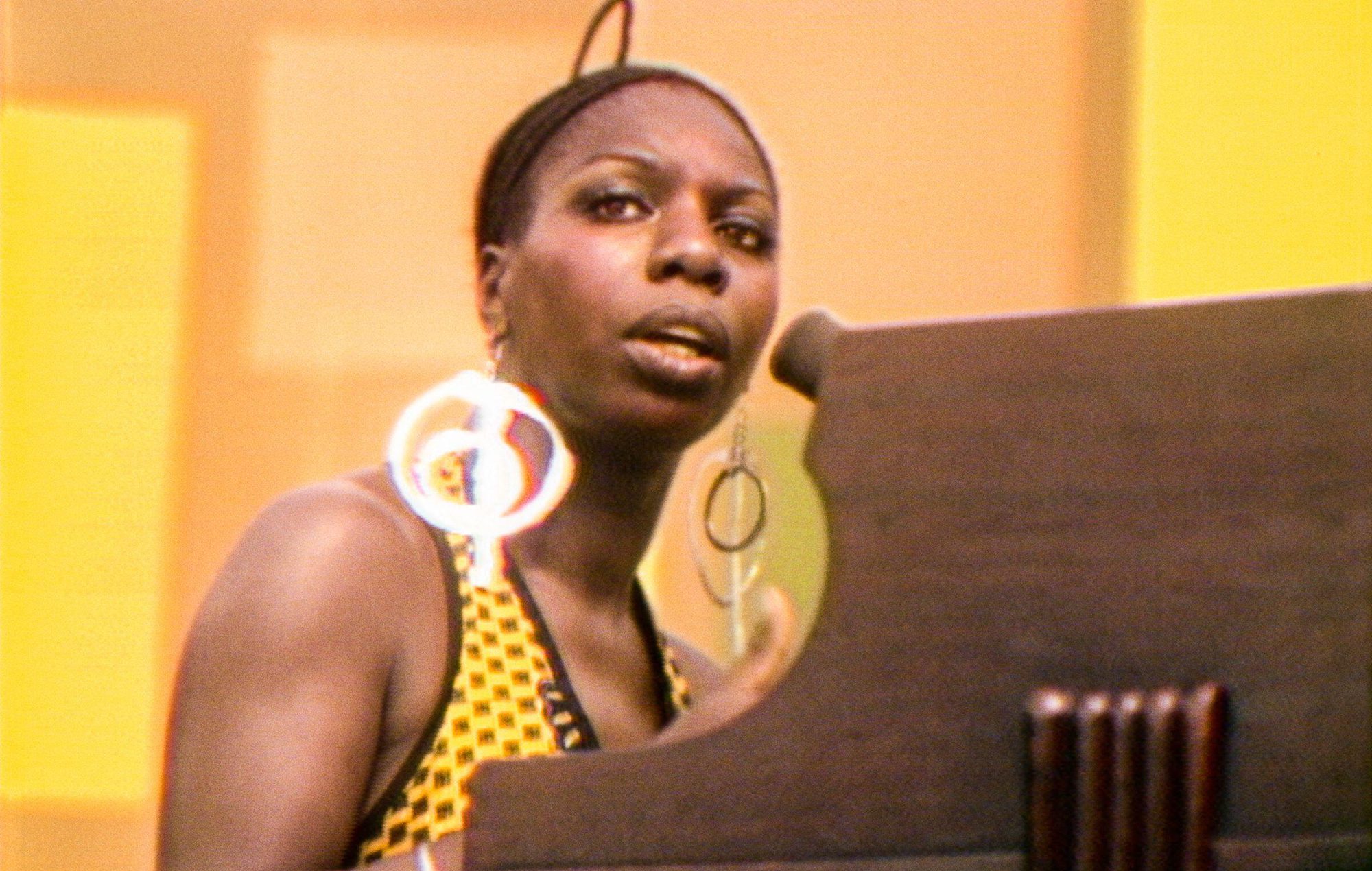
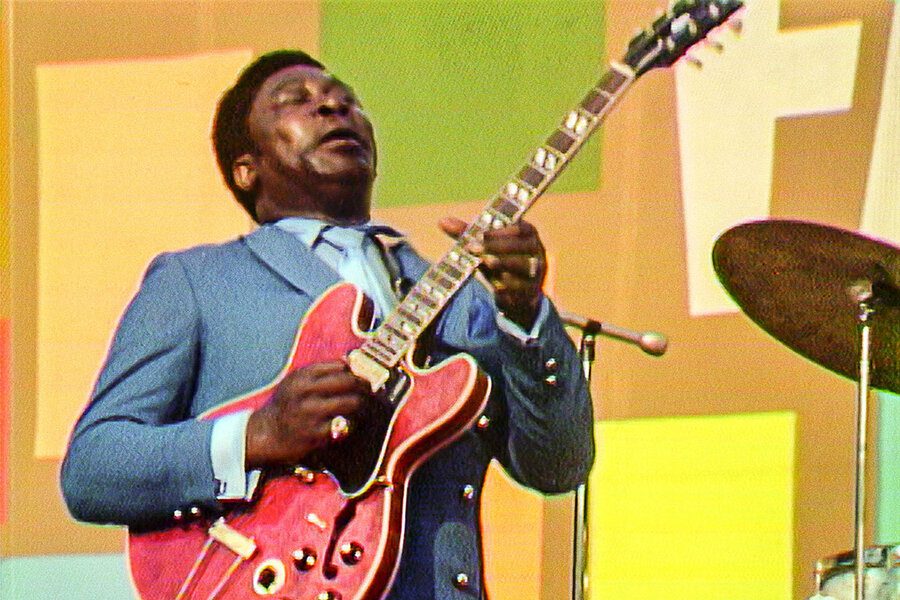

The sound of gospel has always been apart of the Black community. Its transition from the work song, gospel music is a way for us to connect and communicate. Gospel was the noise of an older generation but it was something everyone knew and was comfrtable with. During this moment in history she made her voice a staple in her community.
GOSPEL:
- Edwin Hawkins Singers
- Pops Staple and the Staple Singers
- Mahalia Jackson
- Clara Walker and the Gospel Redeemers
- Prof. Herman Stevens and the Voices of Faith
- Ben Branch
MOTOWN:
- David Ruffin
- the 5th Dimension
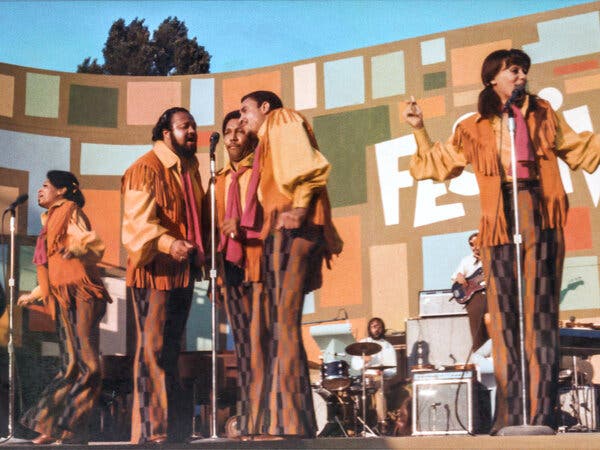
FUNK:
- Sly and the Family Stone
R&B:
- Stevie Wonder
- Gladys Knight and the Pips

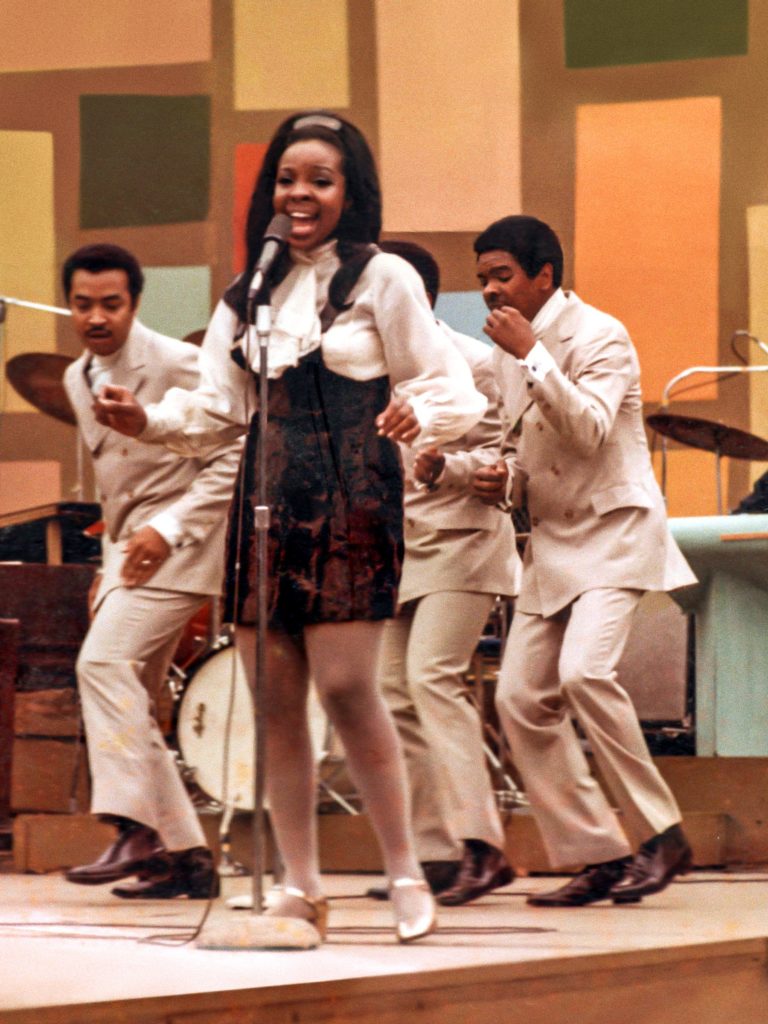
Mongo Santamaria was able to bring the sounds of, carribiean, afro-sentric and latin music to uptown New York. ‘Watermelon Man’ the song preforrmed at the festival was the perfect blend of jazz and caribbean music. What he brought to the soul festival was the ability to join communities throughout the park.
Ray Barretto was the definition of a Neurorican, a Puerto Rican New Yorker. People of P.R. decent but was born and rasied in Harlem or New York in general. These people were surrounded by their family’s culture, food and the grit of New York’s urban atmosphere. Barretto was able to bring the sound of his family and the sound from the streets together into something altered and exciting.
During this time in history, latinx people lived in East Harlem. It was a time of music and sound, anywhere that they could set up their intrusments they did. Streat corners and fire escapes rang with the sound of the Latinx people.
LATIN:
- Mongo Santamaria
- Ray Barretto
Stand Up:
- Willie Tyler and Lester
- Moms Mabley
Pre and Post Developemt Impacts
PRE
Prior to the Festival of Soul, the Black community was experiencing a drought. A drought from housing, civil rights and esstenially freedom. There waS truly nowhere public for the Black communinty to flourish and express themselves. Within a span of 6 years, the black community lost 4 people; both Kennedy’s, Malcolm X and Martin Luther King Jr. These 4 men were the voices of hope and once they were gone the hope was soon to follow.
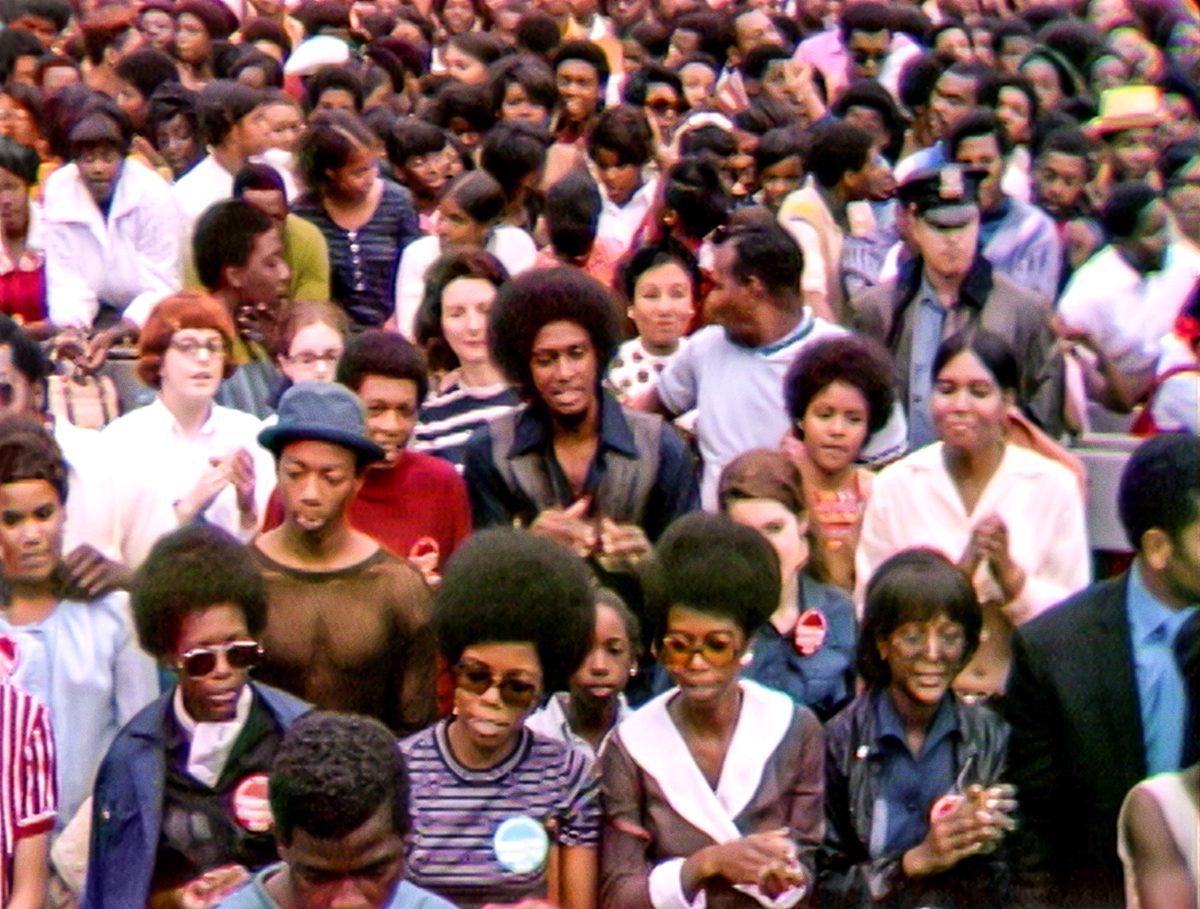
POST
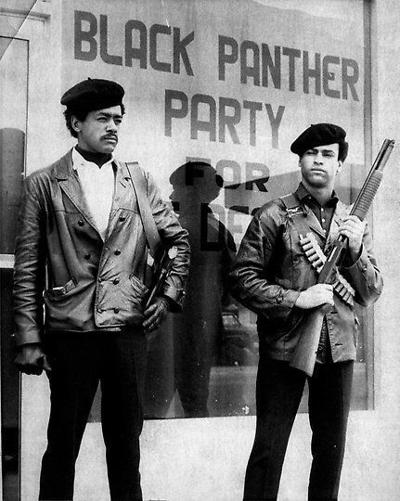
Once the festival was over, the strength in the Black community was higher than ever. The electric sound that lit up the park in 1969 was the lighter to the fuel that we needed. It showed us the power in numbers and the responsibility we had for one another. The music of the festival included genres from old to new and what is next to come.
